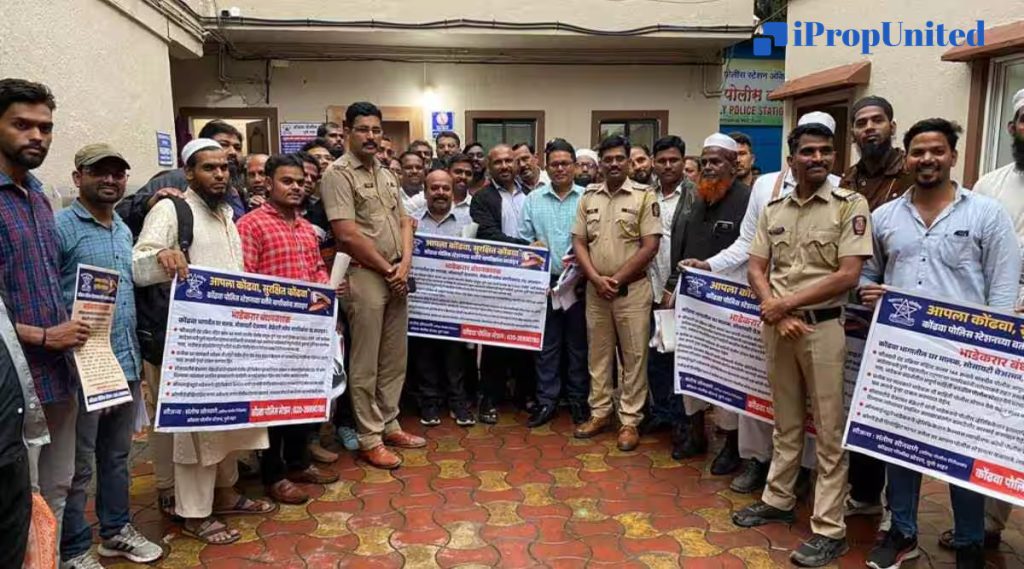In a significant move, the Municipal Corporation of Delhi (MCD) has declared the mandatory geo-tagging of all properties for availing property tax exemption. Failure to comply by January 31 will result in the forfeiture of a 10% rebate on lump sum advance tax payments in the upcoming financial year, warns an official statement.

DELHI: The MCD is urging property owners to promptly complete the geo-tagging process, emphasizing that once a property has been geo-tagged by MCD officers, there is no need for further action. Additionally, property owners not registered with the MCD property tax portal are advised to register, generate UPIC, and geo-tag their properties to avoid potential tax recovery measures and prosecution.
Geo-tagging facilitates location-wise identification of individual properties, enhancing service delivery to citizens by the MCD. This involves assigning unique Latitude-Longitude coordinates to properties on a GIS map, providing a precise location.
To streamline this process, the MCD has introduced a mobile app, Unified Mobile App (UMA), available for download on the Play Store or through the website. Property owners can use the app to log in, select the UPIC for Geo-tagging, and follow step-by-step instructions. The MCD has also incorporated a feature allowing property owners without UPIC numbers to generate them and proceed with the geo-tagging process.
Property owners can submit geotags and photos through the app, contributing to a comprehensive location database. The MCD emphasizes the importance of timely compliance and adherence to the geo-tagging requirement to ensure a smooth and efficient property tax exemption process in Delhi.
Follow and Connect with us: Twitter, Facebook, Linkedin, Instagram













